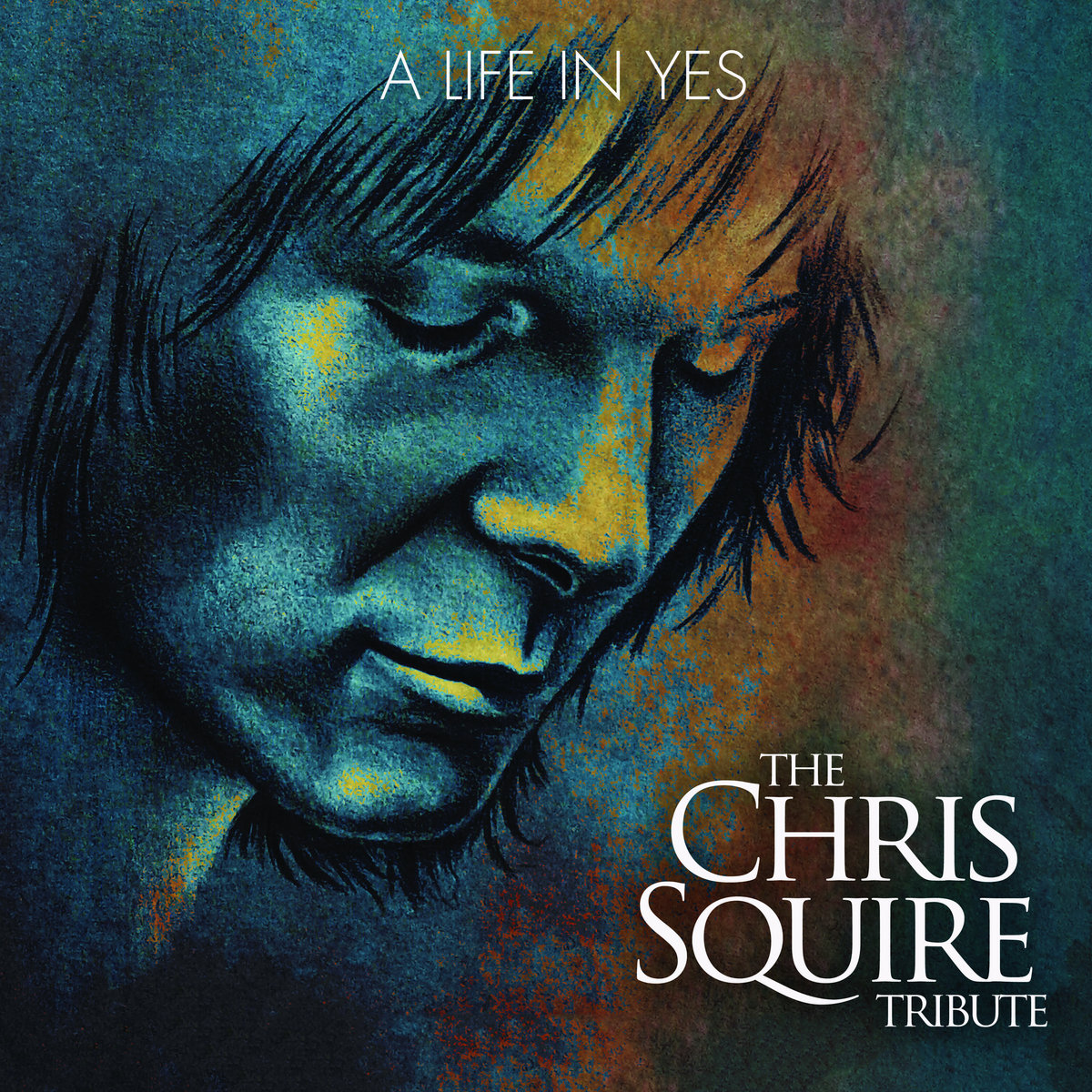
 |
|
A LIFE IN YES: THE CHRIS SQUIRE TRIBUTE
by BILLY SHERWOOD Hat off to (Billy) Sherwood By Rick Hines, Apr. 28, 2022 Submitted for your approval: the all-star rock tribute album. Usually a bunch of good songs (or there wouldn't be a tribute album) performed with all the range from tepid note-for-note covers to discombobulated re-imaginings. The quality usually varies greatly from track to track due to the lack of uniformity in musicians and production facilities. The final verdict is usually that a track or two is pretty good, but the rest isn't worth a second listen. That's what I thought when I first saw this Chris Squire tribute. After putting off the disappointment of listening to it for years (how can you improve on, or even match, the originals?), I finally decided that I don't get to hear cover versions of these songs very often if at all, so I purchased it. How bad could it be? Well, I was wrong, and I was blown away. (Note: nothing I write below applies to the two okay bonus tracks, both recorded in other times and places with Mr. Squire himself on bass, but neither one showing him off to any particular advantage.) First off, this is a Billy Sherwood album despite his name not being on the cover. Sherwood plays all the bass parts himself. After hearing this, I can understand why Squire chose him as his replacement in Yes. Sherwood has internalized Squire's technique until he can play with the kind of originality and fluidity that Squire was known for in his pre-Trevor Rabin days. I recently saw the Yes 50th Anniversary Video with Anderson, Rabin and Wakeman. The Squire fill-in bassist, Lee Pomeroy, played Squire's parts exactly as recorded, and he did it with flair for sure. In contrast, here Sherwood reinvents the bass parts. He plays like Squire, he sounds like Squire, but he doesn't always play what Squire played. I was constantly amazed at the new twists Sherwood found, but it always sounds like something Squire might have played in an alternate take, say. It's an incredible performance, and it'll have you wondering why this ability is not shown off to more advantage in current Yes performances with Sherwood. Meanwhile, Sherwood regular drummer Jay Schellen does a good Alan White (and occasional Bill Bruford) job, really solid. Sherwood plays a lot of the remaining instruments (and some vocals) in virtuoso fashion. There are a lot of guests invited to participate like Patrick Moraz, Tony Kaye and Dweezil Zappa (to name just a few). All the players seem to have been instructed in Sherwood's modus operandi, as they play the overall arrangements straight (no guitar solos stuck in where there were none before), but each musician finds new ways to approach the parts, managing to capture the magic of the originals while not playing them exactly the same way or with quite the same sounds. The guitarists in particular fire off some excellent Steve Howe-adjacent solos. Then there are the vocals. Jon Anderson reminds me of Bob Dylan, in that it's easy to pass him off as a mediocre vocalist until you hear someone else try to cover his songs. That's when it becomes apparent that some singers have a charismatic emotional delivery that is hard to match. None of these vocalists is Jon Anderson, but his current Yes stand-in, Jon Davison, comes closest in sound and feel. That being said, none of the vocalists embarrass themselves. They all manage to find enough Jon Anderson in their performances that the varying vocals don't detract from the unified feel of the album. And they all sound committed to the material. All-in-all, this is how a tribute album should be done, and it's one of the few that doesn't have me racing back to my record collection to hear the originals. If you didn't know better, from the fire in these performances, you'd think this was the original group to write and play these songs (and you might think Chris Squire is on bass). Any fan of Squire, or prog rock in general, should find this to be a rewarding listen that augments Squire's legacy while creating a unified work that can stand on its own. I imagine Chris Squire is smiling someplace; blame it on Billy Sherwood. |
All work displayed on this page © 2022 Rick Hines.
Material may not be used without the artist's written permission.